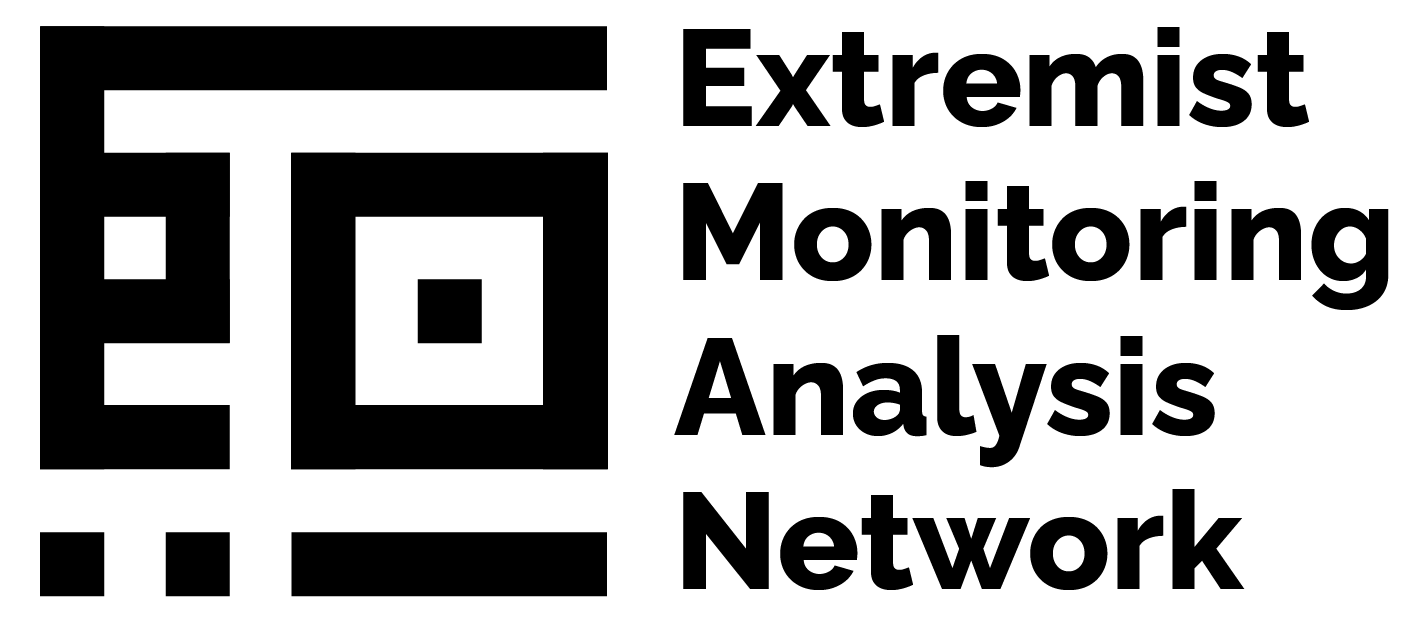Imported Islamism Amongst French Muslims
Author(s): EMAN Staff
A French journalist and a Muslim lawyer were recently placed under police protection for shooting a documentary shedding light on radical Islamist social practises in a small town in northern France on the border with Belgium. The journalist, Ophélie Meunier filmed the documentary alongside Amine Elbahi, a Muslim lawyer and a Roubaix local, where they both captured hardline Islamic social practises such as cubicles for women to eat separately at a restaurant in Roubaix, a toy store selling dolls and children's books that adhere to a hardline and dogmatic interpretation of depicting humans with no facial features, and a local educational charity that was accused of misusing allocate funds to spread Islamist teachings. The pair were threatened verbally through text messages, voice notes, with the Muslim lawyer even being threatened with beheading.
It is an established fact that France suffers from a radical Islamist problem within a small segment of its Muslim population. France has witnessed large scale Islamist terror attacks including the Paris attacks in November 2015 that saw the deaths of over 130 people, and the Nice ramming attacks less than a year later which resulted in the killing of 90 people. Other attacks include the Charlie Hebdo shootings in 2015 and numerous smaller-scale lone wolf operations carried out from 2015 to the current day, most prominently the beheading of a French schoolteacher Samuel Paty for showing illustrations of the Prophet Muhammad. Besides manifesting itself in violent attacks, radical Islamist ideology in France has demonstrated that it usually begins in poorer towns and areas in major cities across the country where marginalised and vulnerable Muslim minorities – usually from North African and sub-Saharan origins – tend to fall victim to extremist rhetoric by preachers living in France and abroad. While conservative societies exist in all parts of the Muslim world, North African nations such as Algeria and Morocco – where many French Muslims are from originally – are not countries where the general population adheres to strict interpretations of Islam, most certainly not to the extent where women eat separately to men in restaurants and where dolls and books depicting people have no facial features.
This perplexing reality in Roubaix that was uncovered by Meunier and Elbahi throughout their documentary suggests that this extreme Salafi ideology practised by some Muslim residents of Roubaix is an imported puritanical ideology stemming from years of brainwashing from certain preachers that conform to a Taliban-like system of social practice, as opposed to how they or their older generations use to live in countries such as Algeria or Morocco before migrating to France decades ago. This imported hardline ideology has long been an issue faced by French authorities as they grapple with hardline Islamism across the country. More importantly, it has acted as a turbocharger for the rise of the French radical right that often paintbrushes all French Muslims as adhering to these hardline philosophies. Far-right French movements are now on the rise, led by the likes of Eric Zemmour and Marine Le Pen who openly express their anti-Muslim sentiments and exacerbate divisions within French society – ultimately acting as the flip side of the coin to Islamist extremists.
Saudi Arabia, traditionally the most conservative Muslim country in West Asia and North Africa, and the only one to have implemented gender segregation at restaurants and other social settings, subsequently ended the practice in 2019. It is perplexing that we still see gender segregation in parts of Europe when highly conservative Muslim countries such as Saudi Arabia ended the practice. This issue points to the concerning prevalence of strong hardline Islamist sentiment across a small segment of French Muslims. French Muslims have also accounted for a large percentage of foreign fighters that joined Daesh during the terror group’s heyday in 2015.
So why, then, does this issue remain so prevalent in France and other communities across Europe that espouse Islamist or other dogmatic and puritanical views? As discussed above, it is highly unlikely that these communities are implementing strict social norms that they once practised in their countries of origin. Rather, these imported ideologies likely hail from the influence and the lasting impact that extremist groups and organisations have had on the psyche of a very small number of vulnerable, usually lower-class Muslim Europeans and Britons over the past two decades, particularly following the wars in Afghanistan and Iraq, and later, the upheavals across the Arab World beginning from 2010. These organisations include militant and Salafist Deobandi organisations in South Asia, such as the Taliban, the Tehrik I Taliban Pakistan (TTP), Al Qaeda’s various affiliates across West Asia and North Africa, and various other non-militant organisations such as the Muslim Brotherhood.
